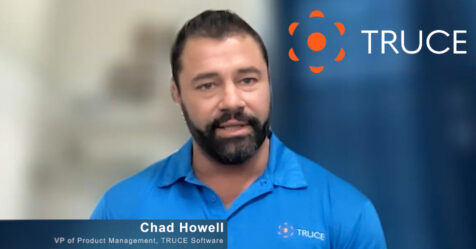We hear a lot these days about identity theft, Internet fraud, email scams or Wall Street defalcations, but the truth is most organizations are more vulnerable to fraud than they might think.
Whether it is a nonprofit or a small business that someone has put blood, sweat and tears into, the chance that they’re at risk for fraud is substantial.
Regardless of the type of organization, most frauds take place from within the company’s own ranks, and more times than not, by trusted individuals that we would never suspect.
By their nature, small businesses are typically run on a shoestring budget, which makes staffing tight and internal controls limited.
And while most people are trustworthy, external factors can create a need that, combined with opportunity and a dose of rationalization, create the potential for unethical and fraudulent activity.
When the perfect storm of fraud hits, it becomes clear the devastation that fraudulent activity creates.
Every choice has a consequence, and the consequences of fraud are significant and far-reaching.
What To Look For
Good people can make bad choices, and this sometimes leads to fraud.
According to the Association of Certified Fraud Examiners the following are red flags for fraudulent behavior:
- Most frauds are committed by people who have worked in the organization for a number of years. People who have 10 years or more of experience with the organization cause higher fraud losses. Why? The answer is simple: The longer a person is employed within a company, the greater the trust and responsibility. Likewise, trusted employees are not often considered likely candidates for fraud.
- Individuals in one of six departments commit the vast majority of all frauds: Accounting, operations, sales, executive/upper management, customer service and purchasing. If fraud occurs in your business, it is likely by someone who has opportunity, and individuals in these six areas have the greatest opportunity to violate trust.
- Fraudsters displayed one or more of these red flags before or during the commission of the fraud: Living beyond means, financial difficulties, unusually close association with vendors or customers and excessive control issues. Any of these behaviors could be a sign of impending danger.
For employees with long tenures, longevity is not a bad thing.
Still, a change of roles from time to time can disrupt the natural flow of funds; typically when things change inappropriate behavior comes to light.
This is important when an employee has become protective over money and monetary processes.
Excessive control is a significant sign that something might be amiss.
When people are unwilling to let go of their control, take a vacation or insist that only they can do the task, leadership should step back and examine the role and function more carefully.
Finally, another warning sign is an employee that often receives calls from creditors.
Here, some warning signs may be showing dissatisfaction with a call received or taking a call on a cell phone out of ear shot and returning to work irritated at the interruption.
Final Outcome
In the end, every choice has a consequence.
Choices made over time can create significant consequences — for both the employee and the operation.
Managers and owners have a responsibility to understand the three components of unethical behavior and often illegal behavior: Need, opportunity and rationalization.
Most importantly, some minor changes can help prevent an employee from making dangerous choices, which lead to an unwanted outcome.
As a manager of your organization, what steps are you taking to protect your most valuable assets — your employees — from making dangerous decisions that impact them and your organization?


